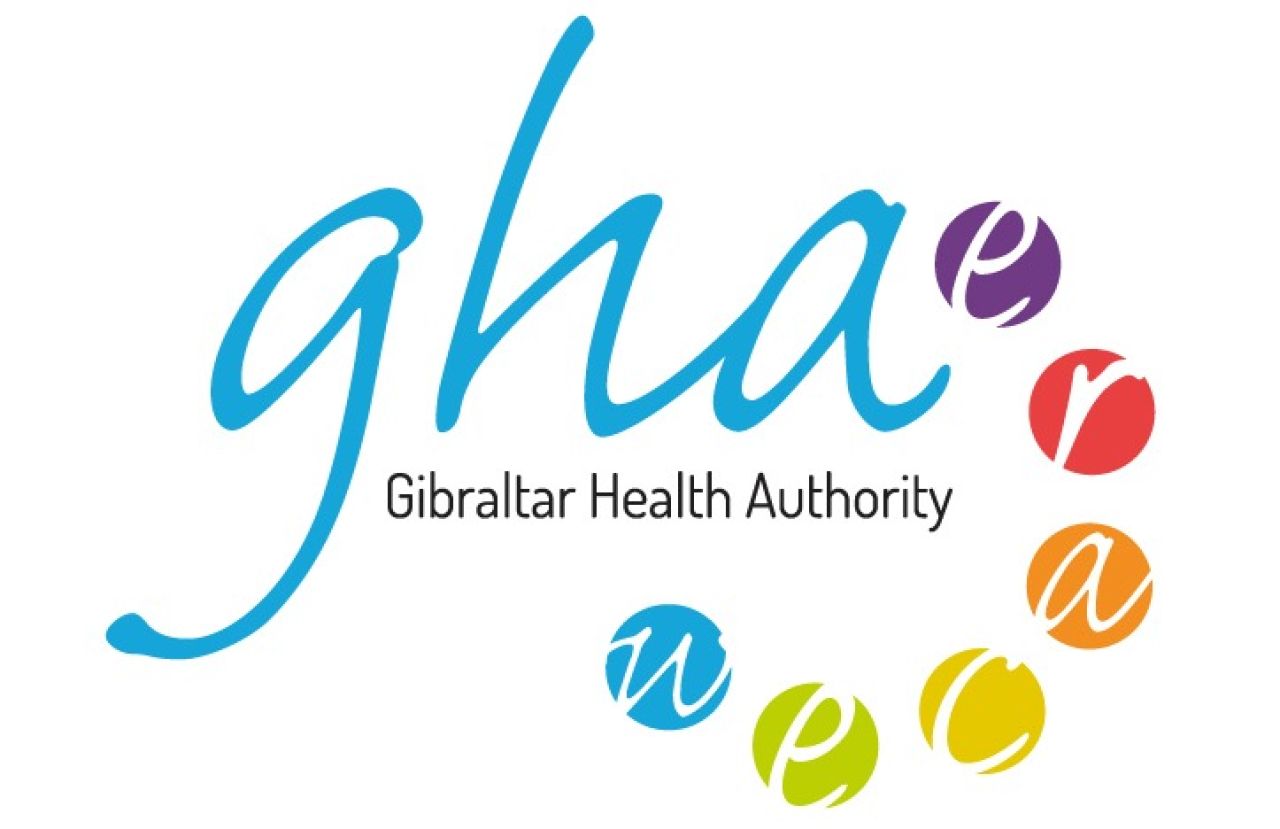GHA Re-Assures Patients And Families On Prescriptions

The GHA has issued a statement reassuring the public that patient prescriptions "are not and will not be means tested."
A statement from the GHA follows below:
The GHA notes the contents of a letter published in the media and wishes to reassure the public that patient prescriptions are not and will not be means tested.
The change in prescription policy announced by the GHA in April this year clearly outlined the move to generic branded medication in lieu of more expensive, but clinically equivalent, branded products. The announcement also openly stated that the GHA would no longer provide prescriptions for products that are easily available for purchase over-the-counter, for example cough syrups and nappy creams, which in many cases are cheaper for the patient to purchase directly than on prescription. The GHA estimates that this change in policy, along with other measures will amount to savings of up to £4.3 million a year to the taxpayer and for re-investment in the Health Service.
Nevertheless, patients can be reassured that those who require medication or treatment that is not available over the counter continue to receive it on prescription, where it is considered necessary by clinical assessment. This does not equate to means testing. Simply, it means that clinicians determine whether a certain medication or treatment is beneficial to the patient, to ensure that all patients receive the appropriate levels of care that they need.
The Director General, Prof Patrick Geoghegan, OBE, said: ‘My door is always open to patients and their families who would like to discuss their experiences or concerns with me. I want to take this opportunity to reassure patients and their families that the GHA is not means testing prescriptions and all patients will receive the medications and treatments that they need. They may have noticed a change to the branding of their prescribed medication but the medicine itself is exactly the same. Patients who require treatment or medication for long-term health conditions or for more complex forms of minor illnesses also continue to receive this on prescription. This policy makes clinical sense in line with international best practice, and also makes sense for taxpayers who are no longer footing the bill for unnecessarily expensive branded medications or over-the-counter products.’
Latest News
- Giovanni Origo Budget Speech 2025 - GSD Shadow Minster for Youth, Tourism, the Environment and Transport
- Budget 2025 Speech by Minister for Industrial Relations, Civil Contingencies and Sport, Leslie Bruzon
- HM Customs Gibraltar Launches ASYCUDA Version 4.4 to Modernise Border Management
- Budget 2025 Speech by Minister for Equality, Employment, Culture and Tourism Christian Santos
- Declaration Of Enlistment By Royal Gibraltar Police Recruits
- Local Actors Travel To UK Drama Festival
- Bridge House Charitable Trust Welcomes Donations
- GSD Says Principal Auditor Report 2018/19 Should Now Emerge
- The Budget 2025 – Minister Gemma Arias-Vasquez's Address
- Ministry Of Equality Marks Successful End Of The Sixth Cycle Of The Women’s Mentorship Programme



